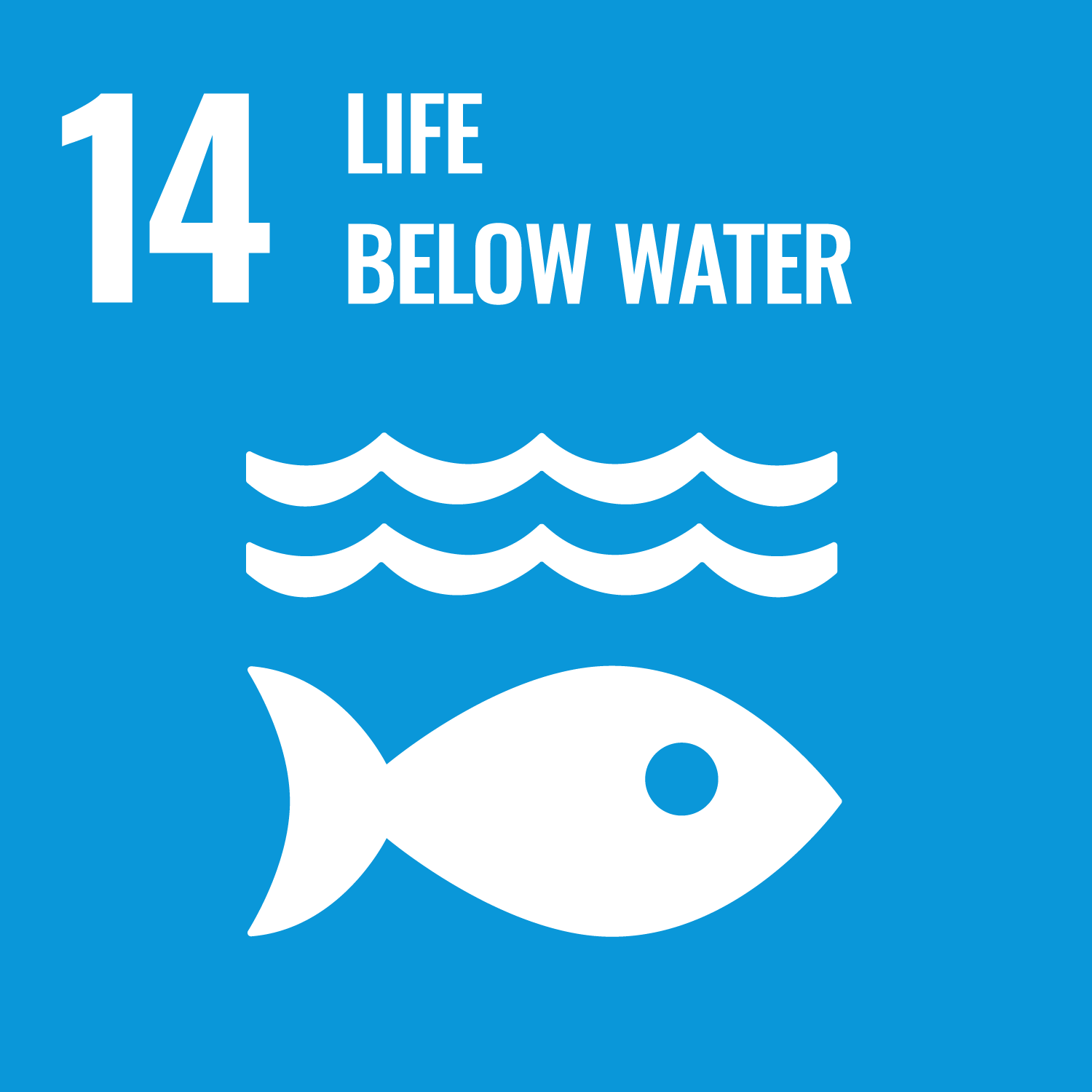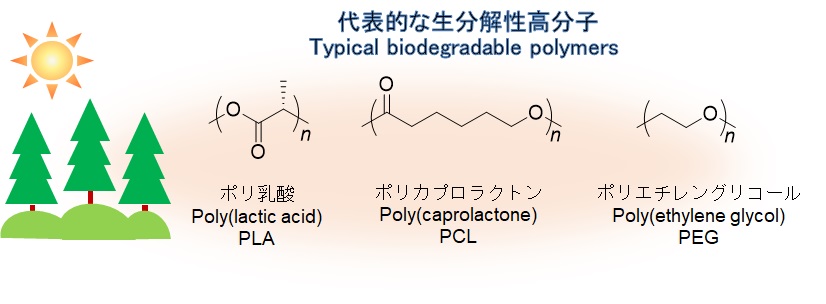2023.08.02

Faculty of Science and Technology / Department of Materials and Life Sciences
Takeoka Yuko Professor
Despite the importance of polymers in our daily lives, micro-plastics formed through their release to natural environments are one undeniable cause of environmental degradation. This has caused rising interest in “biodegradable polymers” that can decompose in soil or in vivo and may be synthesized from plant or vegetable-derived raw materials and thus create a lower environmental impact. However, biodegradable polymers lack sufficient mechanical and functional characteristics preventing replacement of conventional non-biodegradable polymers. We applied functional properties including flexibility, shape memory, and biocompatibility to biodegradable polymers, developing materials that can contribute to Goal Number 14 (“Life Below Water”) and Goal Number 15 (“Life On Land”) of the United Nations Sustainable Development Goals.

Imparting functional properties to biodegradable polymers enables replacement in current non-degradable polymer applications. This helps achieve Sustainable Development Goal Number 9 (“Industry, Innovation and Infrastructure”). Biodegradable polymers enhanced with self-repairing properties can extend the service life of the polymers, further reducing their environmental burden.